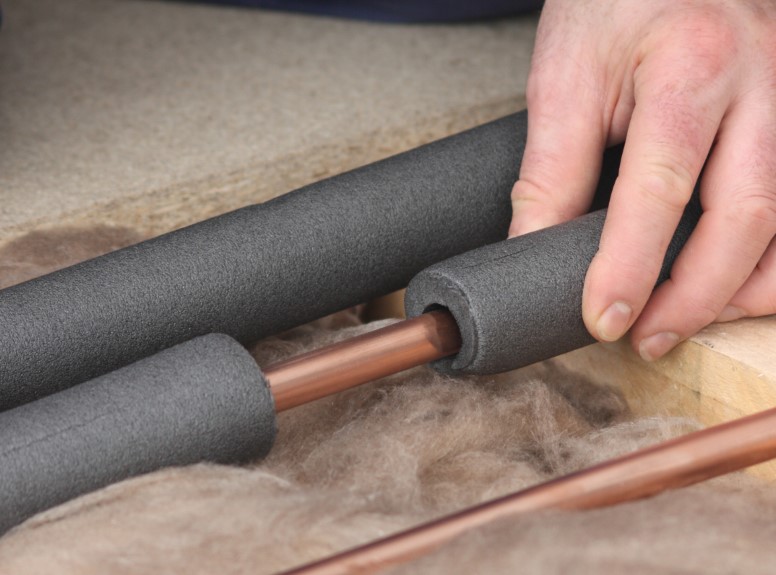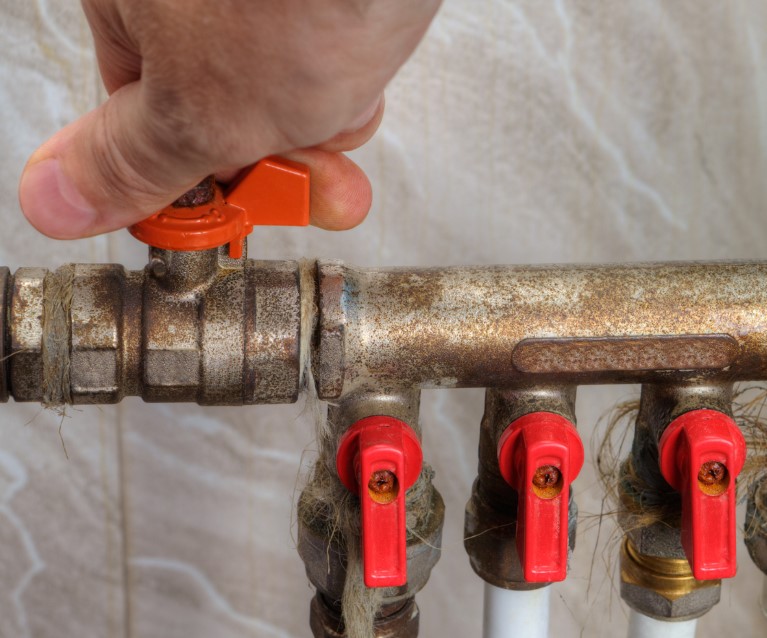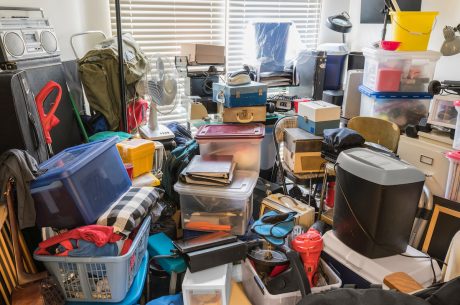Winter in St. Augustine, Florida, might not bring the snowstorms and freezing temperatures experienced by our northern neighbors, but it presents its own set of challenges, particularly when it comes to water damage.
Understanding these unique challenges is key to preventing costly repairs and ensuring the safety and comfort of your home.
In this article, we’ll explore the most common causes of winter water damage in St. Augustine and provide practical tips on how to protect your property.
Understanding Winter Water Damage
Water damage during the winter can stem from various sources, and even a mild winter in St. Augustine can lead to significant issues if not properly managed.
Common contributors include fluctuating temperatures, unexpected storms, and common household issues that can exacerbate during this time of year.
The Role of Temperature Fluctuations
One of the main culprits behind winter water damage in St. Augustine is the fluctuation in temperatures. While the region doesn’t experience harsh winters, the temperature can still drop significantly at night.
These fluctuations can lead to the expansion and contraction of pipes, which can cause them to crack or burst, leading to leaks and water damage.
Impact of Unexpected Winter Storms
Though rare, winter storms can occur in St. Augustine, bringing heavy rains and strong winds. These storms can cause flooding, roof leaks, and other water intrusion.
It’s crucial to have your roof inspected and gutters cleaned to ensure they can handle any unexpected stormwater.
Common Causes of Winter Water Damage
Understanding the specific causes of winter water damage can help in taking preventive measures. Here, we delve into some of the most frequent issues homeowners face during the winter months.
Burst Pipes
Burst pipes are a common cause of water damage during winter. As temperatures drop, the water inside pipes can freeze and expand, causing the pipes to burst.
This is particularly common in uninsulated or poorly insulated pipes. Ensuring that your pipes are adequately insulated can prevent them from freezing and bursting during cold snaps.
Roof Leaks
Winter storms can exacerbate existing roof issues, leading to leaks that can cause significant water damage.
It’s important to inspect your roof regularly for missing or damaged shingles and to ensure that the flashing is intact to prevent water from seeping into your home.
Clogged Gutters
Leaves and debris can clog gutters, preventing them from directing water away from your home.
During a storm, clogged gutters can lead to water overflowing and seeping into the foundation or walls, causing damage. Regular gutter cleaning is essential to prevent this issue.
Poor Drainage Systems
Poor drainage around your home can lead to water pooling near the foundation, which can eventually seep into the basement or crawl space.
Ensuring that your property has a proper drainage system can mitigate this risk.
Preventive Measures Against Winter Water Damage

Taking preventive steps can save you from the hassle and expense of dealing with water damage. Here are some effective strategies to protect your home.
Insulating Pipes
Insulating pipes, especially those in unheated areas like basements and attics, can prevent them from freezing. Pipe insulation is a cost-effective way to protect against burst pipes during cold weather.
Regular Roof Inspections
Having your roof inspected before winter can identify potential issues that could lead to leaks. Repairing any damage and ensuring proper sealing and flashing can protect your home during winter storms.
Maintaining Gutters and Downspouts
Ensure gutters and downspouts are clean and free of debris. This allows water to flow freely and prevents overflow that can damage your home’s exterior and foundation.
Installing a Sump Pump
For homes with basements or crawl spaces, installing a sump pump can prevent water accumulation. A sump pump helps to keep these areas dry by pumping out any water that collects.
What to Do If You Experience Water Damage

Despite best efforts, water damage can still occur. Knowing how to respond quickly can minimize damage and reduce repair costs.
Immediate Steps to Take
- Turn off the water supply: If a pipe bursts, immediately shut off the water supply to prevent further flooding.
- Remove excess water: Use mops, towels, or a wet/dry vacuum to remove standing water.
- Dry the area: Use fans and dehumidifiers to dry the affected area and prevent mold growth.
- Call a professional: Contact a water damage restoration service to assess and repair the damage.
Importance of Professional Water Damage Restoration
Hiring a professional water damage restoration service ensures that all damage is properly assessed and repaired. Professionals have the expertise and equipment needed to thoroughly dry and restore your property, preventing further issues such as mold growth.
Conclusion
Winter water damage in St. Augustine might not be as severe as in colder climates, but it still poses a significant risk to homeowners.
By understanding the common causes and taking preventive measures, you can protect your home from water damage this winter.
If you experience water damage, act quickly and contact a professional to mitigate the damage and restore your home.
Staying informed and proactive is your best defense against the costly and disruptive effects of winter water damage. Protect your home and peace of mind by preparing for the unexpected.
For expert water mitigation and restoration services in St. Augustine, contact PuroClean Emergency Restoration Services today!




 PuroClean Emergency Restoration Services
PuroClean Emergency Restoration Services